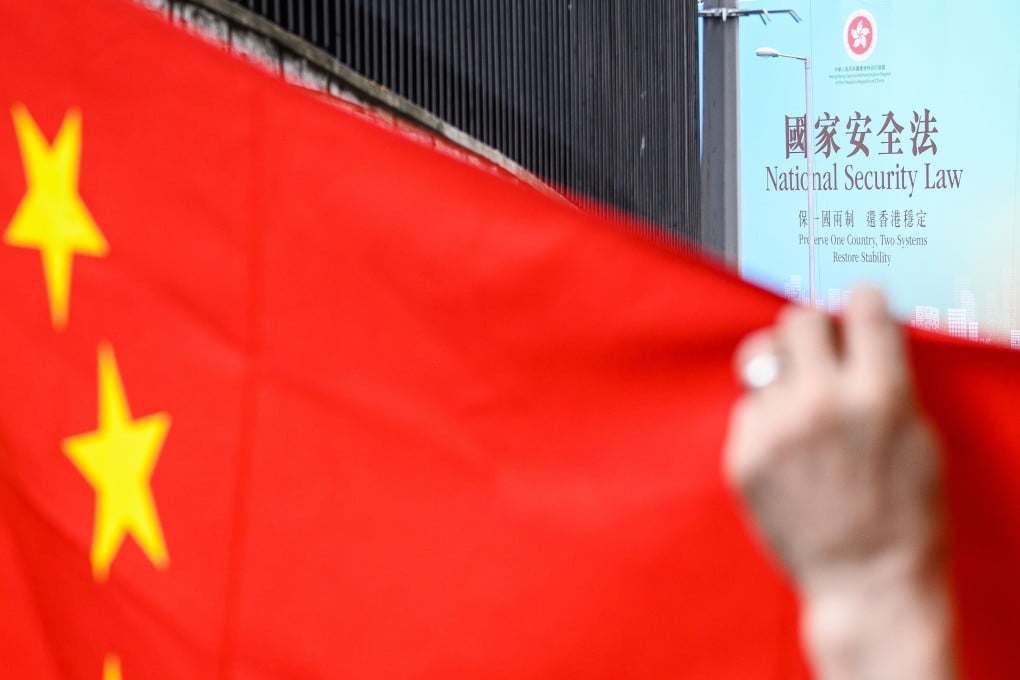Opinion | Why Hong Kong’s new national security law includes mandatory minimum sentences
- The introduction of minimum sentences for some offences under the national security law is unusual for Hong Kong, although these provisions exist in other jurisdictions for their deterrent effect
- The inclusion of mitigating factors in the legislation will enable the courts to soften the impact of the mandatory sentences

A notable feature of the national security law is its use of minimum sentences for particular offences, which is new for Hong Kong. Although local laws prescribe maximum sentences, the courts have, with rare exceptions, enjoyed a wide discretion when sentencing offenders.
While, for example, adult offenders who commit murder face mandatory life imprisonment, and those guilty of unlawful possession of an offensive weapon in a public place face a term of imprisonment, which can be long or short, such sentences are very much the exception, but no longer.
Probably the closest thing the courts currently have in relation to tiered penalties arises in relation to certain road traffic offences, where the maximum sentence can be raised if the offence is committed in “circumstances of aggravation”, as defined.

05:50
What you should know about China's new national security law for Hong Kong
